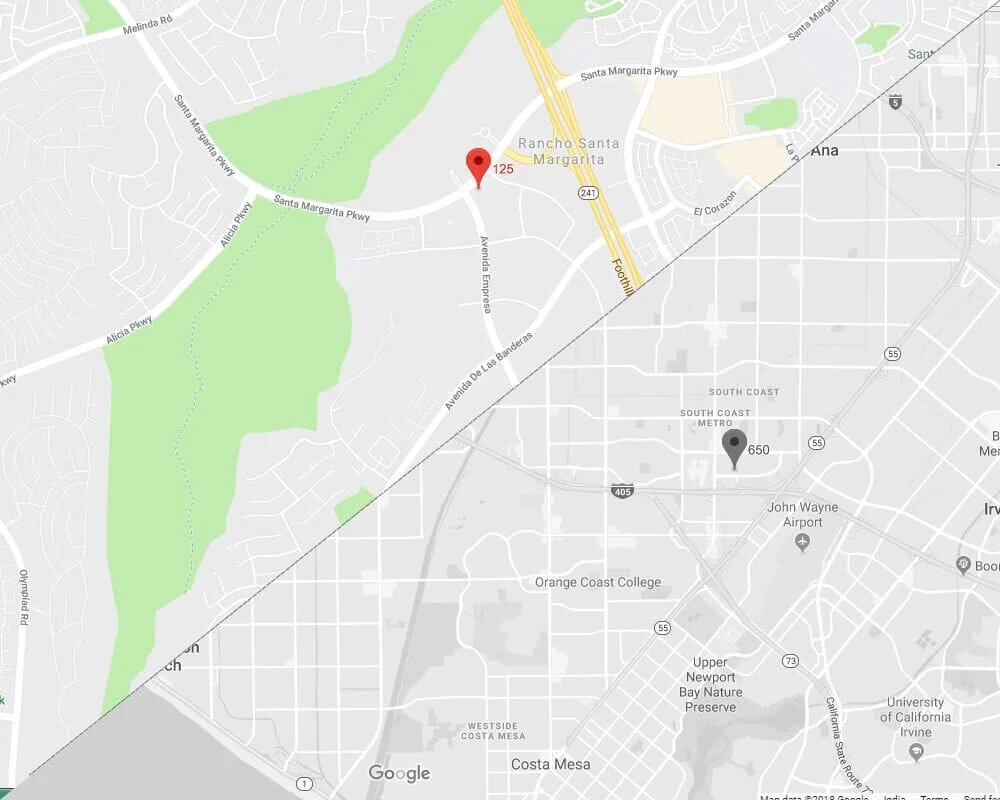
Supreme Court Rules In Favor Of California Man Followed Inside His Garage By CHP
On the local news virtually any night of the week in Southern California, you’ll see police chasing a vehicle over freeways and surface streets, sometimes for hours. Eventually, most of these drivers surrender. What if someone were to go home? Can police pursue them inside if they don’t have a warrant?
That was the question before the U.S. Supreme Court last week. The case involved the 2016 arrest of a Sonoma County man for driving under the influence. A California Highway Patrol (CHP) officer said the man was honking his horn and playing loud music, so he followed him.
The driver claims he didn’t know he was being pursued
According to the officer, as the man pulled into his driveway, he activated the lights on his patrol car, but the man continued into his garage. The driver later said he didn’t realize the officer was following him. The officer prevented the garage door from closing and stepped inside. He said he smelled alcohol on the man’s breath, administered a sobriety test and arrested him for drunk driving.
The man’s attorney said that the evidence was obtained illegally because the officer had no right to enter the man’s garage without a warrant. The case made its way to a California Court of Appeal, which upheld the CHP’s right to enter the home under the general idea that police can make a warrantless entry into a home when in active pursuit of a fleeing suspect.
Justices note that the ruling doesn’t apply to all cases of warrantless entry
The Supreme Court ruled unanimously that the warrantless entry was not justified in this case, but not that such entry is always illegal.
Justice Elena Kagan, who wrote the court’s opinion, said that when a person is suspected of committing a misdemeanor, “[a]n officer must consider all the circumstances in a pursuit case to determine whether there is a law enforcement emergency. On many occasions, the officer will have good reason to enter — to prevent imminent harms of violence, destruction of evidence, or escape from the home. But when the officer has time to get a warrant, he must do so….”
You should never assume that evidence being used against you was obtained legally. That’s why it’s wise to have experienced legal guidance if you’re facing criminal charges to help ensure that your rights are fully protected.
Learn More About What We Can Do To Help
We invite you to call us at 949-459-5900 to schedule your free initial consultation. You can also reach our firm by contacting us online.
Tell Us About Your Case
Each time we take a case, we look at the big picture: What can we do to best help solve the problem as efficiently as possible. We use our experience and creativity to propose solutions that allow you to put your legal matters behind you.
© 2025 Brown & Stedman LLP. All rights reserved.
